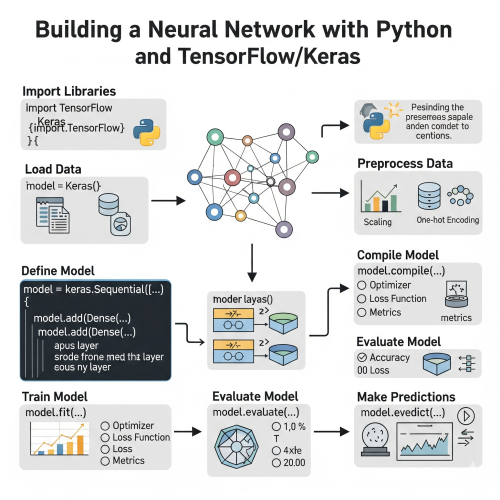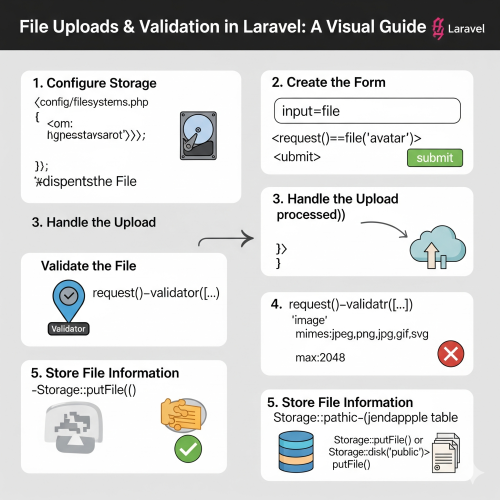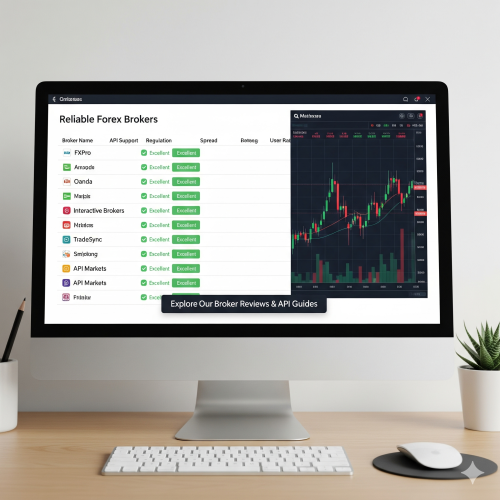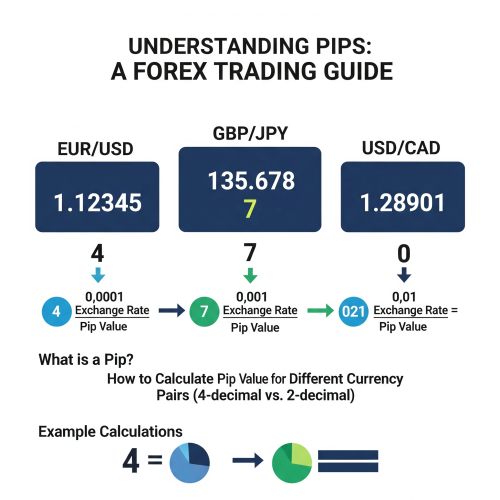So you're stuck between MEXC and ByBit, huh? Been there myself. When I first started trading crypto seriously, I bounced between exchanges like a pinball machine. Trust me, picking the right platform can make or break your trading experience - and your wallet.
Let's dive into this head-to-head comparison without the marketing fluff. I've been using both platforms for months now, and I'll give you the real deal on what works, what doesn't, and which one might be better for your specific needs.
The Quick Overview - What We're Dealing With
MEXC and ByBit are both heavyweight contenders in the crypto exchange arena, but they've got different personalities. MEXC is like that friend who knows about every obscure altcoin before it hits the mainstream - they list everything and anything. ByBit, on the other hand, is more like your careful investor buddy who focuses on derivatives trading and keeps things professional.
Both launched around the same time (2018-2019), but they've taken completely different paths. MEXC went the "list all the coins" route, while ByBit doubled down on futures and perpetual contracts. This fundamental difference shapes everything else about these platforms.
Trading Experience - Where The Rubber Meets The Road
Here's where things get interesting. ByBit's interface feels like it was designed by traders, for traders. The charts are clean, the order book updates smoothly, and everything just... works. It's not fancy, but it's functional. When you're trying to catch a quick scalp trade, that matters more than you'd think.


MEXC's interface? Well, it's got more buttons than a NASA control panel. Sometimes that's great - you've got access to every possible trading pair and feature. Other times, it's overwhelming. The learning curve is steeper, especially if you're coming from simpler platforms like Coinbase or Binance.
But here's the thing about MEXC - their spot trading is actually pretty solid once you get used to it. The execution is fast, and they've got liquidity for most major pairs. It's just that finding what you need can sometimes feel like hunting for a specific tool in a messy garage.
Coin Selection - Quality vs Quantity
This is where MEXC absolutely destroys ByBit. We're talking about 1,500+ trading pairs versus maybe 300. MEXC lists coins I've never even heard of, including gems that sometimes pump 1000% in a week. They're also usually first to market with new tokens.
- MEXC lists practically everything - meme coins, DeFi tokens, obscure altcoins
- ByBit sticks to established cryptocurrencies and focuses on derivatives
- MEXC often gets new listings days or weeks before other exchanges
- ByBit's selection is curated - they won't list obvious scam coins
- For altcoin hunters, MEXC is the clear winner here
I once caught a 400% pump on MEXC with a coin that wasn't available anywhere else. But I've also seen plenty of rugpulls get listed there too. It's a double-edged sword.
Personal Trading Experience
ByBit takes the opposite approach. They're picky about what they list, which means you won't find the latest dog coin or celebrity token. But what they do have tends to have better liquidity and less manipulation. It's the difference between shopping at a boutique versus a flea market.
Fees - The Silent Profit Killer
Let's talk numbers because this stuff adds up fast. Both exchanges use a maker-taker model, but the details matter.
MEXC's spot trading fees start at 0.2% for both maker and taker orders. ByBit is slightly better at 0.1% for both. Doesn't sound like much? Trade $10,000 worth of crypto and you're looking at $20 vs $10 in fees. Over a year of active trading, that difference becomes significant.
But here's where it gets tricky - both platforms have VIP levels that reduce fees based on your trading volume and token holdings. MEXC's structure is more complex, with different requirements for different benefits. ByBit keeps it simpler, which I appreciate when I'm trying to calculate my actual costs.
Derivatives And Leverage - Where ByBit Shines
If you're into futures trading, ByBit is in a league of its own. They offer up to 100x leverage on major pairs, and their perpetual contracts are some of the most liquid in the market. The funding rates are competitive, and the insurance fund actually works when things go sideways.
MEXC has derivatives too, but it feels like an afterthought. The interface isn't as polished, liquidity can be spotty on smaller pairs, and the overall experience doesn't match ByBit's level of sophistication.
Here's a real example: during the March 2023 banking crisis, I was short BTC on both platforms. ByBit handled the volatility smoothly - no disconnections, fast execution, transparent liquidations. MEXC had some hiccups with order processing during the highest volume periods.
Security - The Foundation Everything Else Builds On
Both exchanges have solid security track records, which is honestly refreshing after seeing so many hacks over the years. ByBit uses cold storage for most funds and has never been successfully hacked. MEXC has a similar setup, though they're less transparent about their security practices.
What I like about ByBit is their approach to regulation. They've been proactive about compliance, which gives me confidence they'll still be around in a few years. MEXC operates in more of a gray area, which could be problematic if regulations tighten.
- Both require 2FA and have withdrawal whitelisting options
- ByBit has geographic restrictions but better regulatory compliance
- MEXC accepts users from more countries but less regulatory clarity
- Both have insurance funds to cover extreme market events
- Neither has ever suffered a major security breach
User Experience - The Daily Grind
This is where personal preference really matters. ByBit feels professional and streamlined. Everything has its place, and you can get in and out of trades without navigating through a maze of features you don't need.
MEXC is more chaotic, but some people love that energy. It's got that "anything can happen" vibe that appeals to degens and altcoin hunters. The mobile app is actually pretty good, though it can be slow to load during high-traffic periods.
Customer support on both platforms is hit-or-miss. ByBit tends to be more responsive, but neither will win any awards for customer service. Live chat exists on both, but expect to wait during busy periods.
The Verdict - Which One Should You Choose?
Here's my honest take after using both extensively:
Choose ByBit if you're serious about derivatives trading, want a clean interface, and prefer working with established cryptocurrencies. It's the better choice for professional traders who value reliability over variety.
Choose MEXC if you're hunting for the next 100x altcoin, want access to every token under the sun, and don't mind a steeper learning curve. It's perfect for the "spray and pray" approach to crypto investing.
Personally? I use both. ByBit for my serious trading and risk management, MEXC for my speculative altcoin plays. Having accounts on multiple exchanges isn't just about diversification - it's about using each platform's strengths.
The crypto space moves fast, and what works today might not work tomorrow. Both MEXC and ByBit are solid choices, but they serve different purposes in your trading arsenal. Figure out what kind of trader you are, then pick the tool that matches your strategy.
Just remember - the exchange doesn't make the trader. Whether you're on the fanciest platform or the most basic one, success comes down to your strategy, risk management, and ability to control your emotions when the market goes crazy.















0 Comment